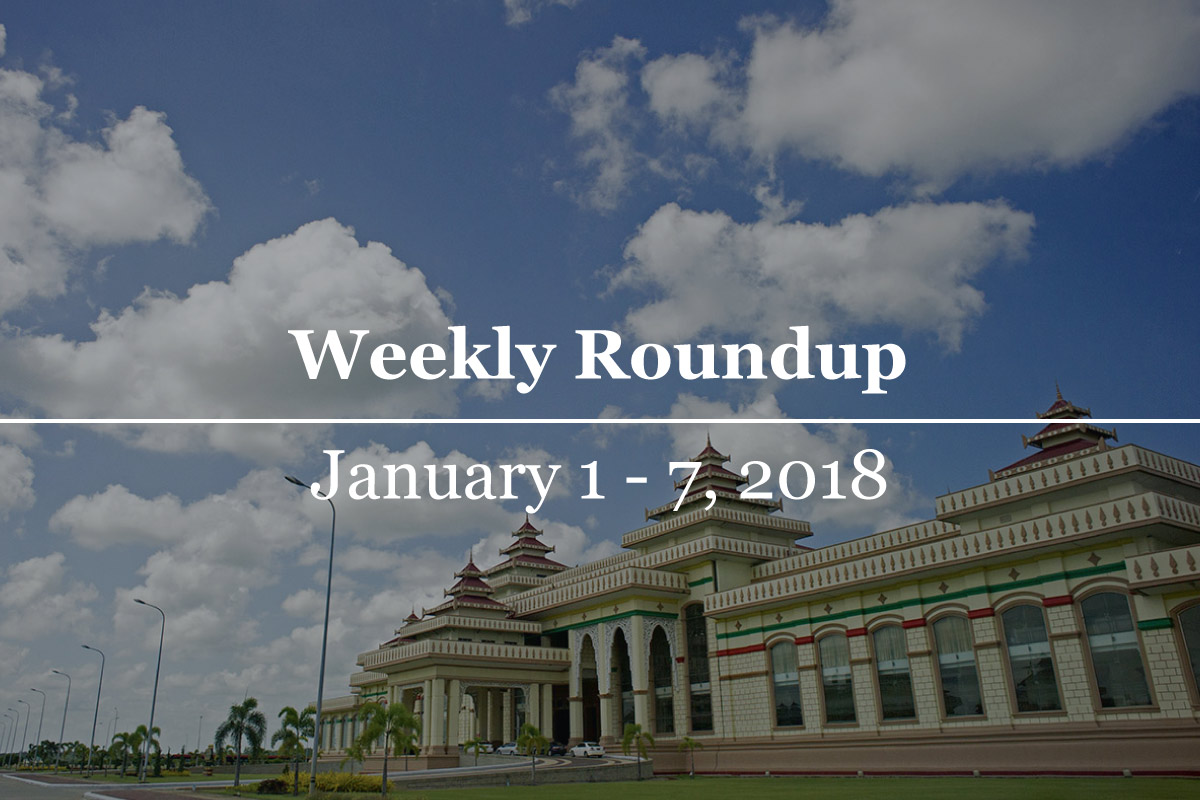What can we expect from 2018?
The ASEAN Post began the year with an in-depth review of what to expect from the region throughout 2018. The review covered aspects including capital markets, energy, environment, real estate, general elections and the Belt Road Initiative (BRI).
Last year, ASEAN was touted to admit its 11th member – Timor-Leste but failed to do so. The topic of ascension to ASEAN is easy enough to understand. Looking at a map, it makes geographic sense for the young nation to be part of an organisation that has the words “Southeast Asian” in it. However, the process of ascension has always been a challenging one.
Will the association complete the tiny nation’s admission process this year?

Happy Independence Day, Myanmar!
Myanmar celebrated its 70th anniversary of its independence from the British this week. The country may have gone through a sullen history marred by instances of violence and non-democracy, but the way forward is bright. Maybe, someday the junta will relax its grip and falter to the doldrums of history. But the citizenry has demonstrated their resolve in ensuring nothing stands in the way of their nation’s development.
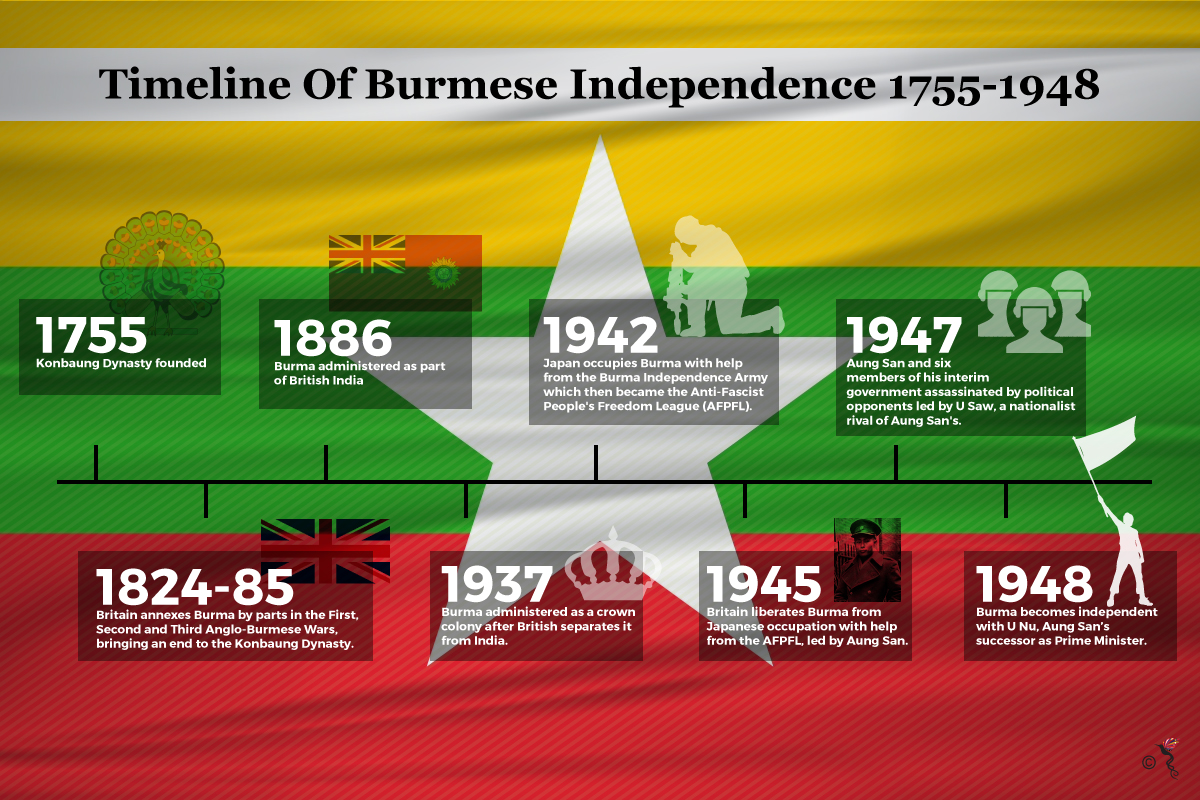
The “bigger” nuclear button
The world witnessed a petty jousting of words between two leaders – US President Donald Trump and North Korean leader, Kim Jong-Un – on the size of their nuclear buttons. Does it matter, who has the bigger button?If one thing is made most clear now, it is that the hermit kingdom’s nuclear ambitions serve as a deterrent to foreign powers and as a bargaining chip to use at the talking table.
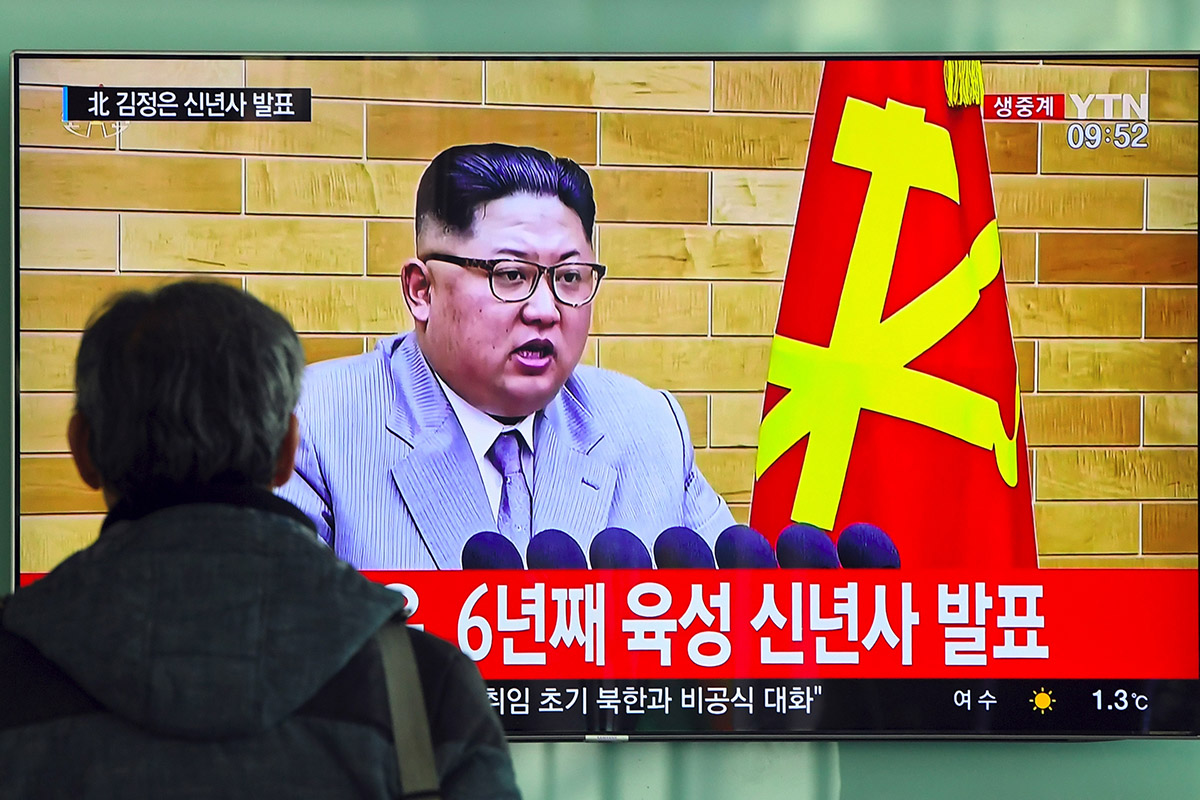
A man watches a television news broadcast showing North Korean leader Kim Jong-Un's New Year's speech, at a railway station in Seoul on January 1, 2018. (AFP Photo/Jung Yeon-Je)
Recently, Kim Jong-Un has expressed his interest in dialogue with South Korea and even proposed for North Korea to join the Winter Olympics happening in Pyeongchang, South Korea next month.
Environmental issues continue to haunt the region
The ASEAN Post covered the recent upsurge in demand for rhino horns in the region. Rhino horn is arguably one of the most prized possessions in Asian culture, especially for medicinal purposes.
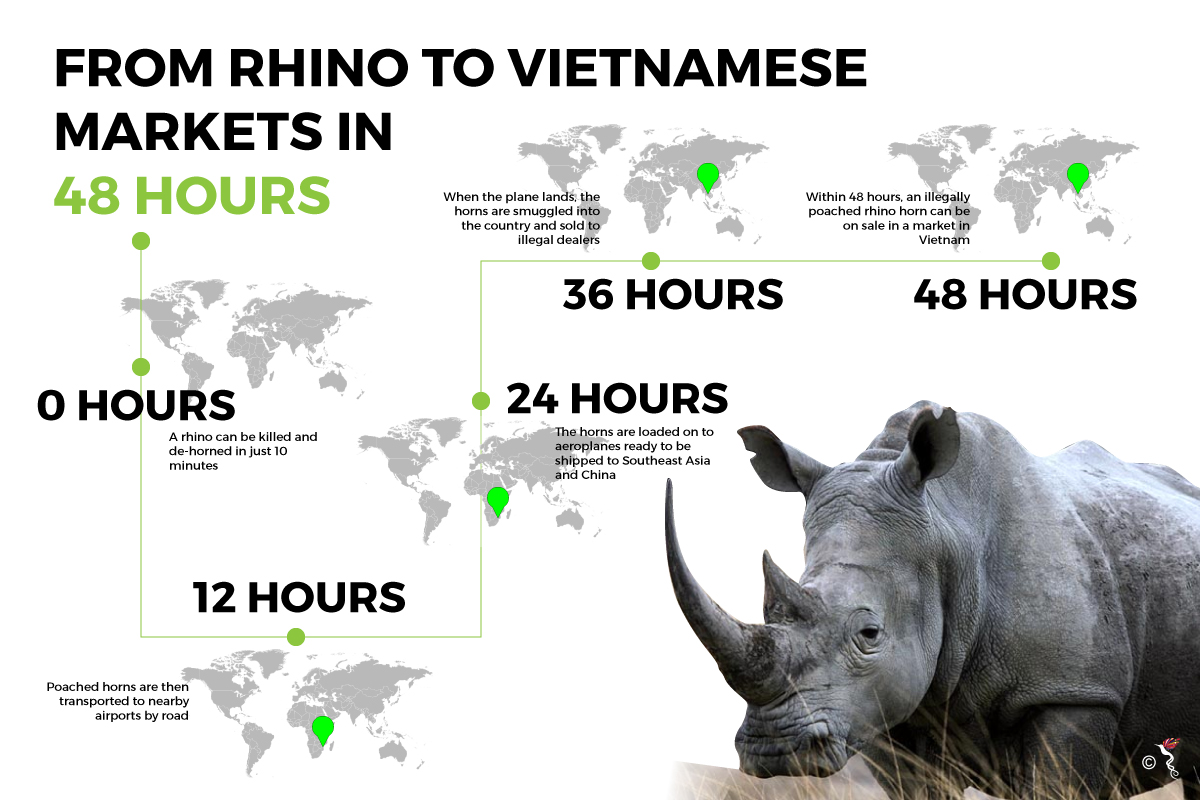
A recent study by Stockholm Environment Institute (SEI) revealed that mainstream and infrastructure development, riverbed mining, land use change and climate change are the main factors leading to a drastic reduction in sediment loads in the mainstream Mekong River. The potential environmental and socio-economic impacts of altered sediment flows in the Mekong River could have significant implications for the Mekong Basin and affect the livelihoods and economies of millions of people in the Mekong Basin and beyond.
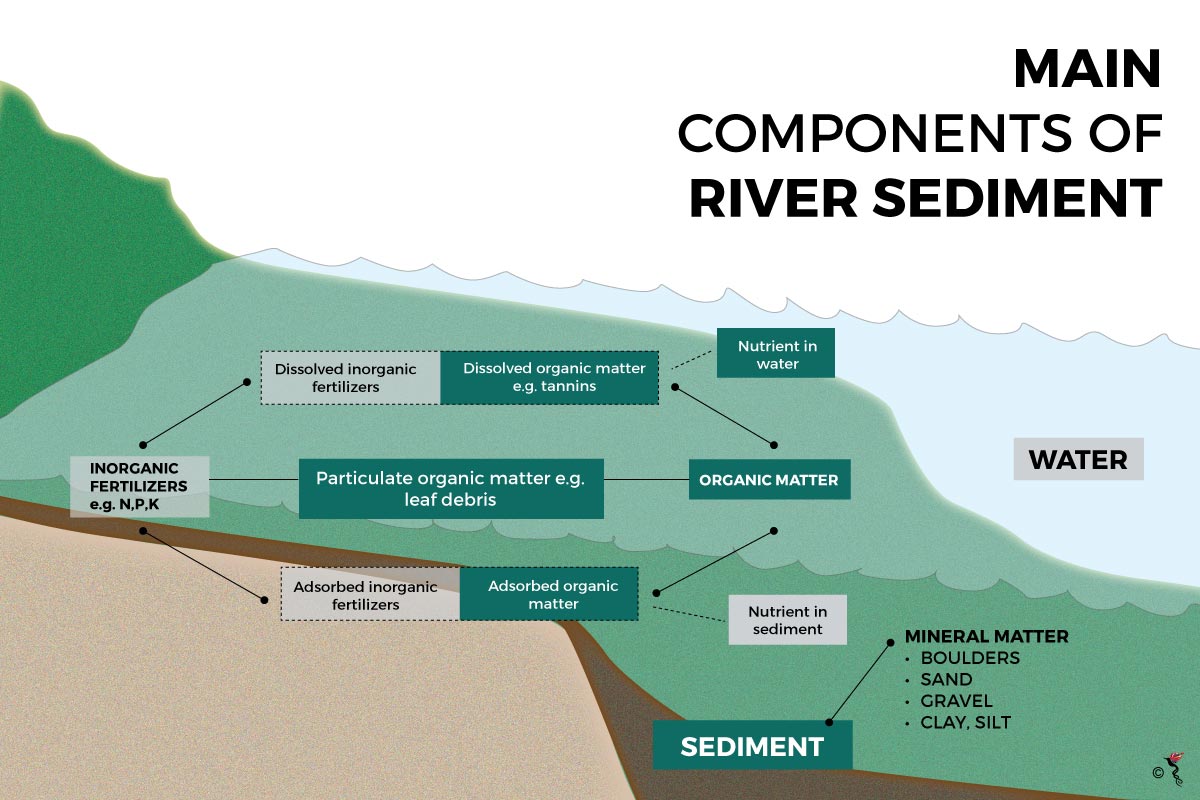
Indonesia has revealed that it is confident it can halve the number of forest fires in the country by 2019 after unveiling an ambitious plan recently. This will be done through the repair of degraded peat forests. These fires that are caused by forest clearing for logging and monoculture plantations, have resulted in an annual haze that spreads to neighbouring countries, heavily affecting Singapore and Malaysia where 2015 was recorded the worst haze situation in history.
Matters affecting ASEAN society
Drugs continue to impact the people in this region. The Golden Triangle – the meeting point of the borders of Lao, Thailand and Myanmar – supplies a record number of meth pills and crystal meth, also known as ‘ice’. These drugs are then cascaded throughout the region and as far as Europe and Australia, which has the world's highest per capita rate of ice addiction.
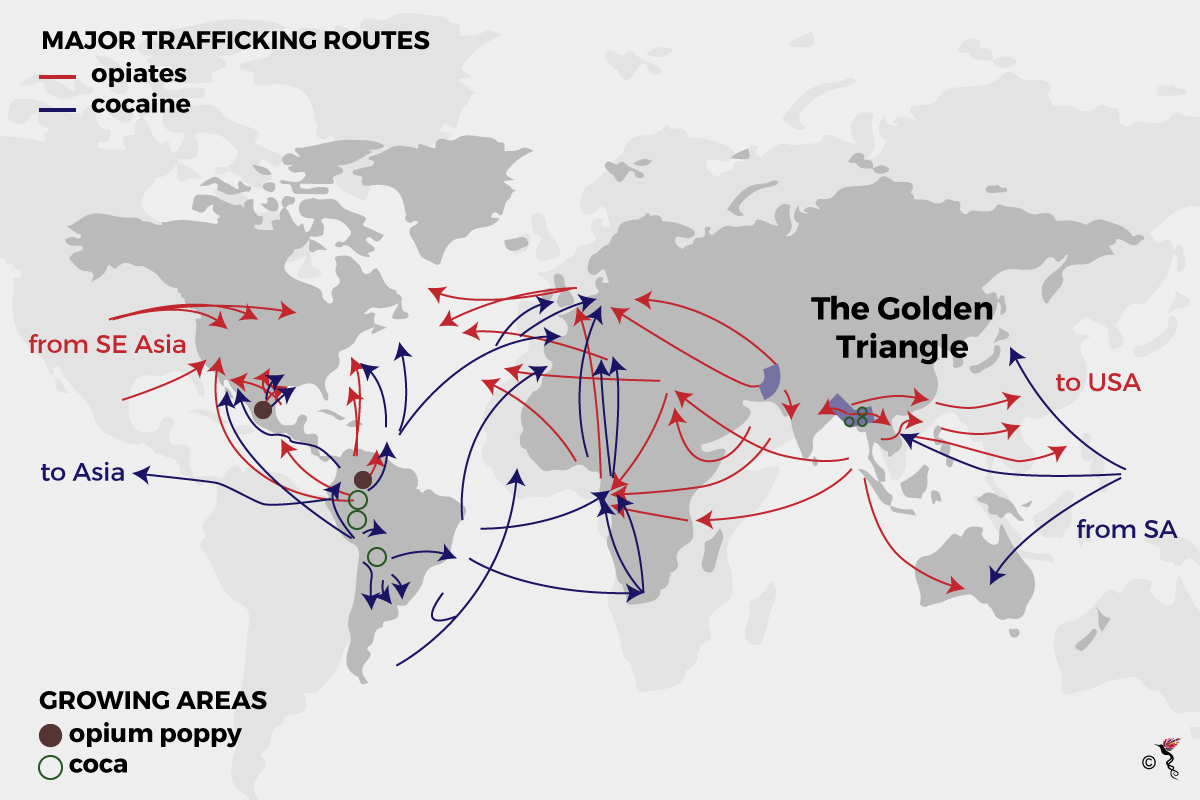
This past week, The ASEAN Post analysed what it takes to foster a people-centric ASEAN. While dollars and cents are undoubtedly important, economic prosperity alone, won’t ensure ASEAN’s success. For ASEAN to be truly be a triumphant feat of regional integration, its peoples need to be more integrated.
Of economic growth and inequality
This week, The ASEAN Post in collaboration with Project Syndicate brought readers two opinion pieces. The first was on China’s economic growth written by Yu Yongding, a former president of the China Society of World Economics and director of the Institute of World Economics and Politics at the Chinese Academy of Social Sciences
The next one attempted to answer if trade fuels economic inequality, written by Jeffrey Frankel, a Professor of Capital Formation and Growth at Harvard University.
